|
|
|||||||||||
We are now in the midst of Gormánuðr, the first winter month according to the Norse calendar. 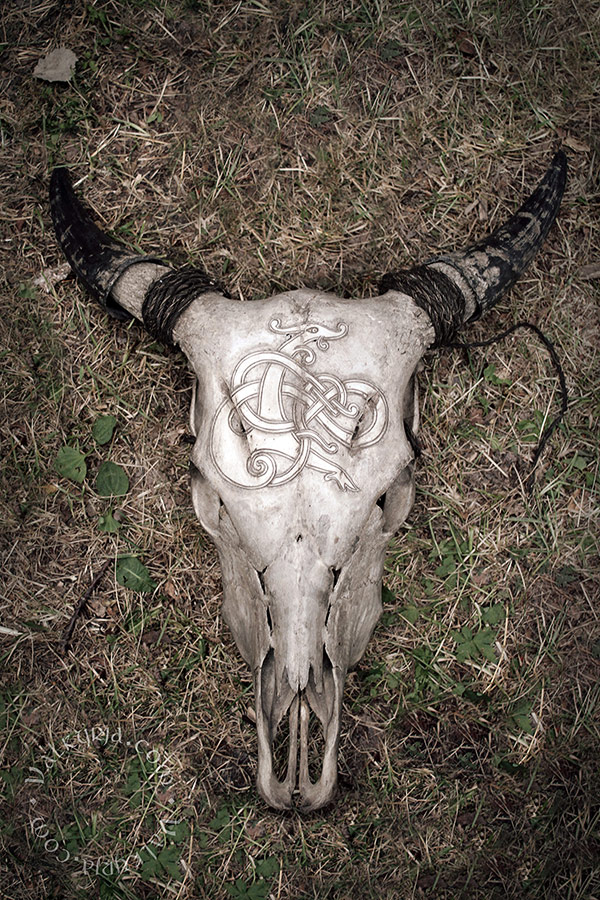
We are entering the coldest and darkest time of the year, the sun diminishing, leaving frost on the ground in the early mornings, and making hairs rise on the skin of Norsemen leaving their warm beds in favor of daily duties that need doing. Winter calls for new responsibilities, and much of the livestock is being brought inside for the season, demanding food and care from man throughout the winter. Daylight is becoming more precious, and must be used wisely. 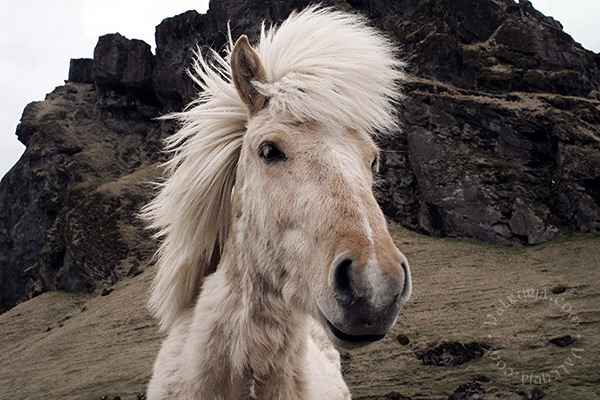
Gormánuðr is one of the few Norse months that we do not know by any other name. It's name has a practical and rather forthright meaning, with gor being the partly digested food in the entrails of ruminants such as cows, sheep and goats. The harvest of autumn has been reaped and stored, and this is the month of slaughter. Farmers have gone over their stores of hay and tried to estimate how many animals can be fed through the winter. Leaves and moss may be gathered to help the equation. 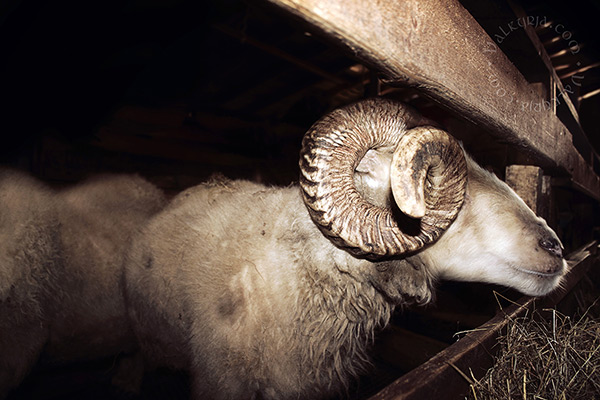
The rest is now butchered, and the important work of perserving food for the long winter months by salting, smoking and drying of fish and meat has begun. Hopefully it will suffice. Slaughter further means that the dirty and smelly job of preparing and tanning skins is at hand, and large amounts of firewood will also be needed for the upcoming months. But as the low sun sets behind mountains of pale browns and yellows – soon to be clad in white – the rest of the work needs wait until next daylight. 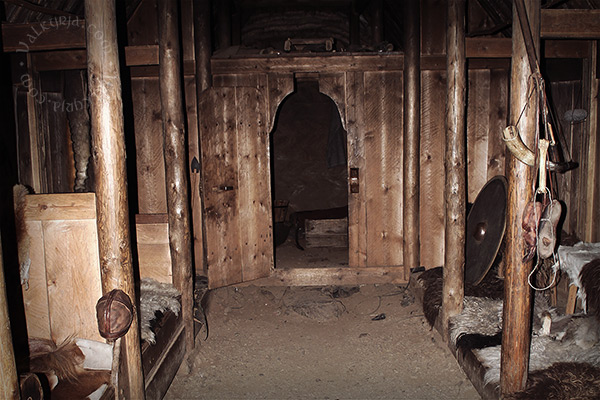
People gather inside during the increasingly long and dim evenings, open invitations for storytelling and sharing of tales over flickering flames. Women are spinning wool and weaving on looms positioned to gain light from the fire, and if someone should happen to open the door and let in the cold wind, he or she is likely to be told off for blowing out lights and causing more smoke to fill the room. In lieu of tallow or expensive wax candles (the sort you might find in Christian churces), oil lamps, often carved from soapstone, provide additional light for crafting and mending of tools, carving, leatherwork, needlebinding, sowing... There is a reason why the word for fish liver oil is lýsi (drawn from light, to illuminate), and it will continue to be called by that name for the generations to come, as a reminder of its aid to our people in accomplishing our tasks throughout winter. 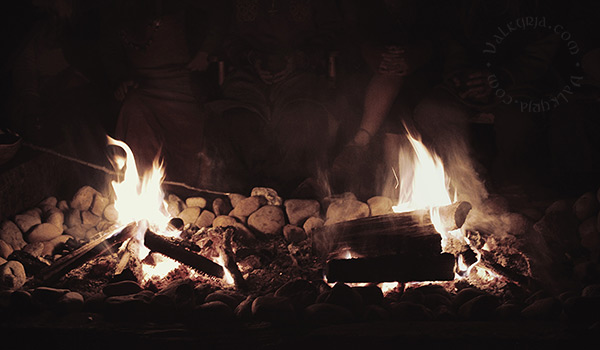
Yet, darkness and frost aside, the start of winter is not a time of gloom or discouragement. It is the time of veturnætr and disarblót: great feasts and sacrifices to greet the onset of winter and honor the feminine spirits of the dísir, our goddesses, norns and valkyries. The animals are at their fattest and there is a lot to drink. 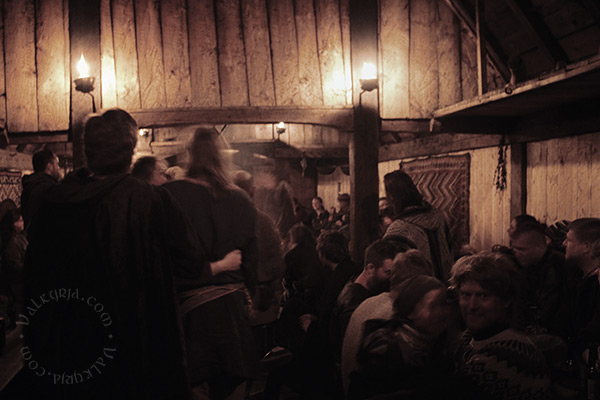
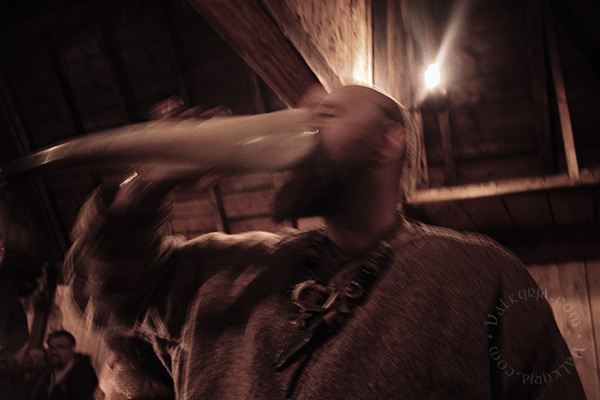
Raise your horns and cups for a good winter! Photography: Valkyrja.com Music: Forndom - Svitjod # Comments
|
 
|
||||||||||
|
|||||||||||

